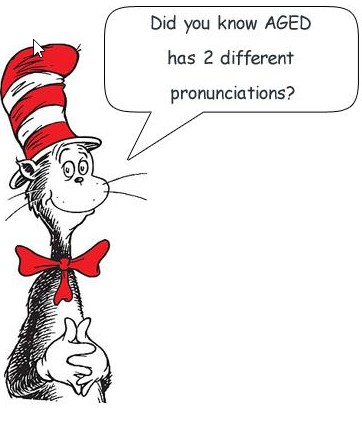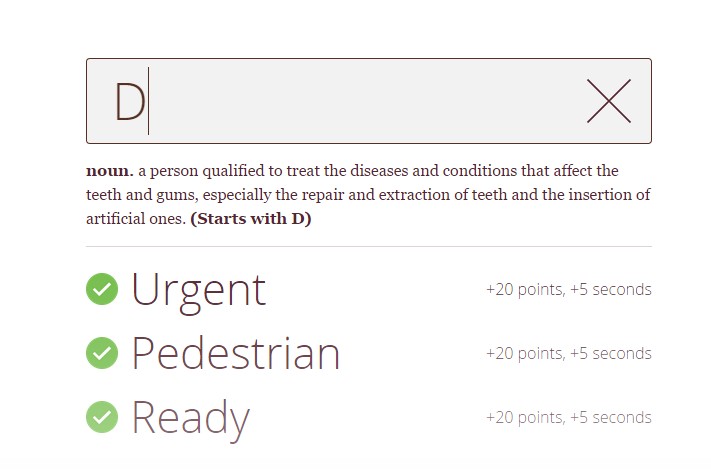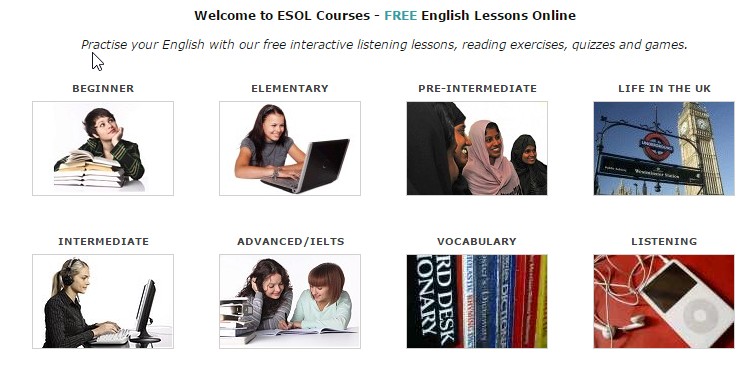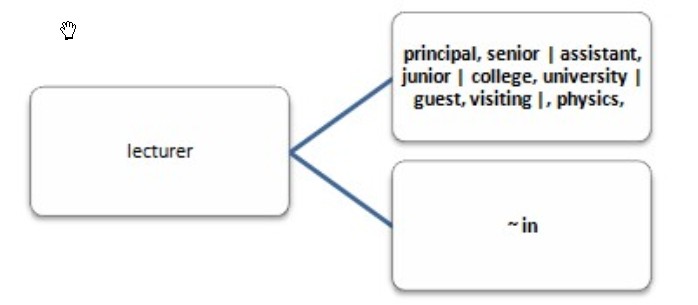Do you know the difference between the verbs “win” and “beat”?
Which is correct ..?
- Real Madrid beat FC Barcelona(by) 3-1
- Real Madrid won FC Barcelona (by) 3-1
Study the difference .
- Win/wɪn/, won/wʌn/, won/wʌn/ means to achieve first position and/or get a prize in a competition or competitive situation. You win a game or a competition
- Beat/biːt/, beat/biːt/, beaten /ˈbiːtn/ means to defeat or to do better. You beat a person or a team you are playing against
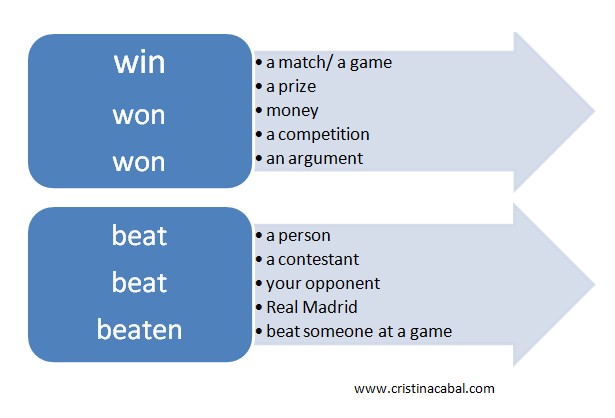
So now, which of the two sentences above is correct? Well done , the first sentence “Real Madrid beat FC Barcelona (by) 3-1 “ is correct
Test yourself with these exercises:
won
winning
beaten
beat
beat
won
Thanks for reading! 🙂
Source: Cambridge Advanced Learner’s Dictionary
